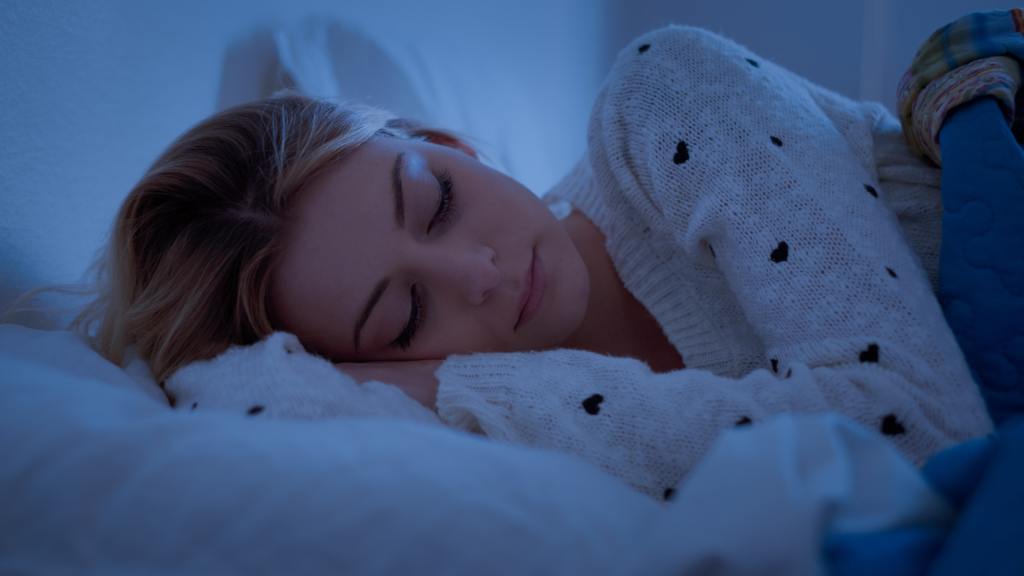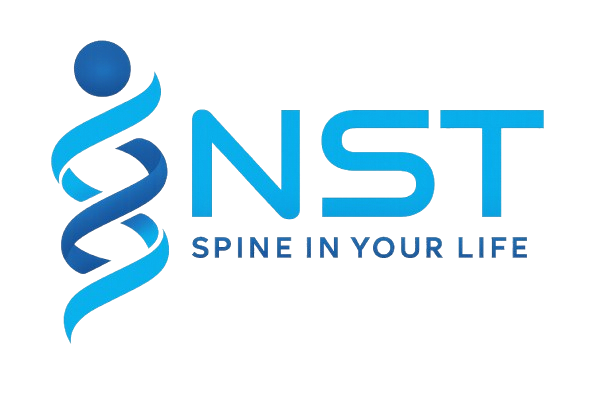
For centuries, sleep has been a cornerstone of human health. Yet, in today’s fast-paced world, disrupted sleep patterns are a growing epidemic.
This lack of quality rest has a domino effect on our well-being, impacting everything from physical health to cognitive function.
The Importance of the Internal Orchestra
Our bodies rely on a complex network of internal clocks, called circadian rhythms. These biological processes regulate various bodily functions, including sleep-wake cycles, hormone production, and digestion.
Just like an orchestra, proper sleep is the conductor, ensuring all the instruments (body systems) play in harmony.
Disrupting the Harmony: Modern Life and Sleep Deprivation
Several factors can disrupt our circadian rhythms and lead to sleep deprivation. These include:
- Shift work: Constantly changing sleep schedules throws off the body’s natural clock.
- Artificial light exposure: Excessive exposure to blue light, especially at night, suppresses melatonin production, the hormone crucial for sleep regulation.
- Stress: Chronic stress activates the fight-or-flight response, hindering relaxation and sleep quality.
- Poor sleep hygiene: Inconsistent sleep schedules, late-night screen time, and uncomfortable sleeping environments all contribute to disrupted sleep.

Beyond Sleep Aids: Optimizing Sleep with NST
While sleep hygiene practices and light management are crucial, NeuroStructural Integration (NST) offers a unique approach to optimizing sleep.
NST focuses on addressing structural imbalances in the body, which can indirectly affect sleep patterns. By improving alignment and function, NST can:
- Promote relaxation: Addressing physical tension and discomfort can contribute to a more relaxed state, ideal for sleep.
- Enhance stress management: NST may help reduce physical stress on the body, creating a better environment for deep sleep.
- Improve body awareness: Increased body awareness allows you to recognize cues from your body that signal sleepiness.
Working with Your Body’s Natural Rhythm
In conjunction with NST, consider these additional tips for a more harmonious sleep experience:
- Prioritize sunlight: Aim for consistent exposure to natural sunlight in the morning to regulate your circadian rhythm.
- Establish a sleep routine: Go to bed and wake up at the same time each day, even on weekends.
- Create a relaxing bedtime ritual: Develop a calming routine before bed to signal to your body that it’s time to wind down.
- Limit screen time before bed: The blue light emitted by electronic devices can interfere with sleep, so avoid screens for at least an hour before bed.
- Manage stress effectively: Incorporate stress-reduction techniques like meditation, yoga, or deep breathing into your daily routine.

By prioritizing sleep, addressing the root causes of sleep disruption, and exploring holistic approaches like NST, you can achieve a more balanced sleep pattern, promoting overall health and well-being.
Ready to experience the power of a well-rested body? Contact a qualified NST practitioner today to learn how to optimize your body’s natural rhythm and unlock the symphony of health within you.
